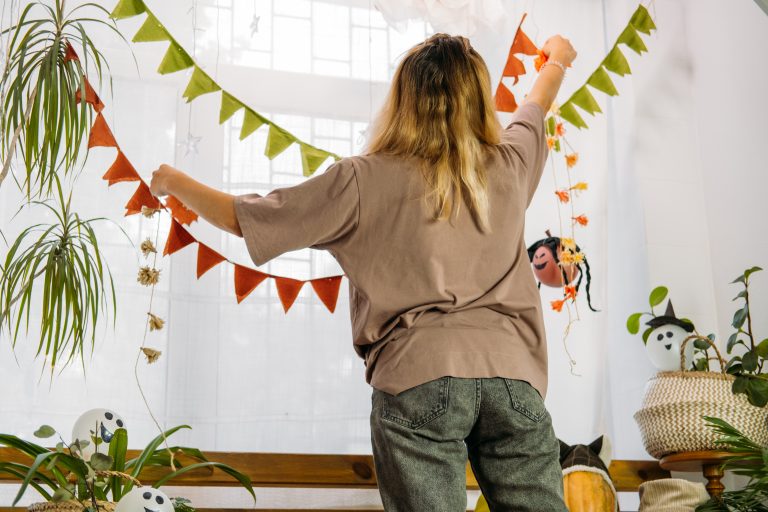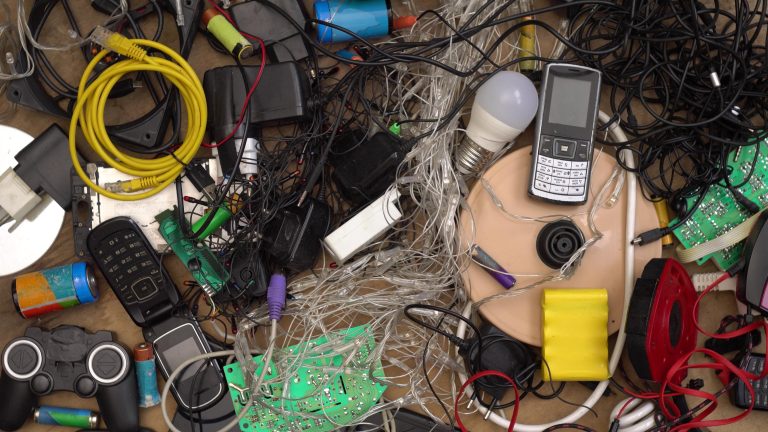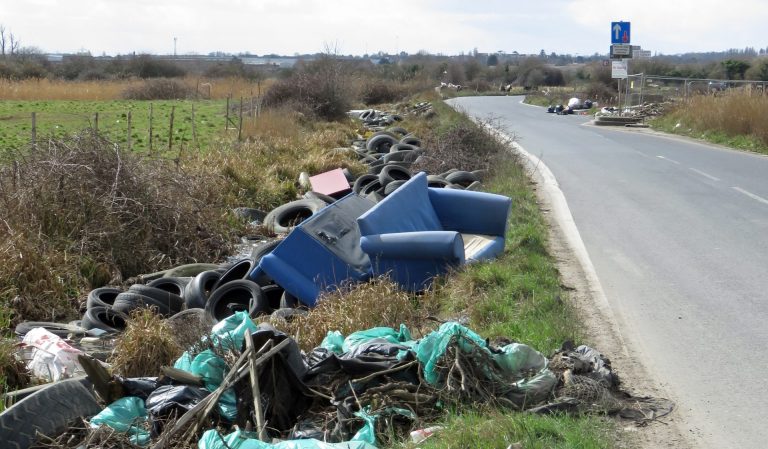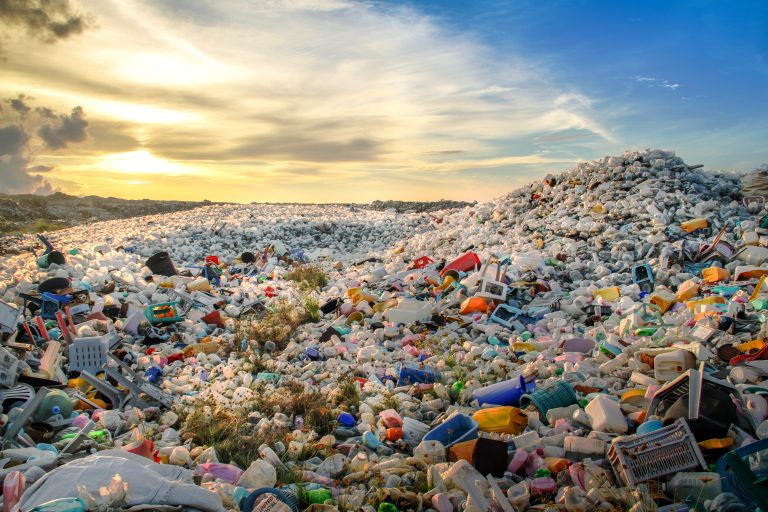In a world where sustainability matters more than ever, hosting a party or event doesn’t have to come at the expense of the planet. Whether it’s a wedding, birthday, or corporate event, celebrations often generate excessive waste, from plastic cups and single-use decorations to discarded food. However, with a little planning, it’s entirely possible to throw a fun, eco-friendly event that’s both memorable and kind to the environment.
In this blog, we’ll explore practical ways to reduce waste and make sustainable choices when planning your next celebration.
Why Waste-Free Parties Matter
The environmental impact of parties can be significant. In the UK, it’s estimated that around 1.5 million tonnes of food and drink are wasted annually from households and events. Single-use plastic items and excessive packaging can also contribute to pollution, taking hundreds of years to decompose and harming wildlife. By hosting waste-free events, you can:
- Reduce landfill waste: Many single-use items end up in landfills, releasing harmful gases like methane.
- Save resources: Reusable options require fewer materials to produce.
- Promote sustainability: Your choices encourage guests to adopt more eco-friendly habits.
- Save money: Reusing and renting items can be more cost-effective over time.
How to Host a Waste-Free Event
Hosting a sustainable event doesn’t have to be difficult. Here are a few tips to help minimise waste without sacrificing fun:
- Choose Eco-Friendly Invitations
- Digital Invitations: Opt for e-invites using platforms like Evite or Paperless Post. This saves paper and postage.
- Recycled Paper: If you prefer paper invites, choose ones made from recycled or plantable paper that grows into flowers when planted.
- Go Plastic-Free
- Reusable Tableware: Instead of disposable plastic cups, plates and cutlery, invest in durable tableware made from bamboo, stainless steel, or melamine. Rent items if you don’t own enough.
- Glassware and Mugs: Use reusable glassware or durable cups. Borrow extras from friends or family if needed.
- Cloth Napkins: Skip paper napkins for reusable cloth alternatives, which you can wash and use again.

- Serve Sustainable Food and Drinks
- Locally Sourced Ingredients: Choose seasonal, locally sourced foods to minimise packaging and reduce your carbon footprint.
- Plant-Based Options: Offer vegetarian or vegan dishes, which tend to have a lower environmental impact than meat-based meals.
- Prevent Food Waste: Avoid over-ordering. If you have leftovers, pack them for guests or donate to local charities.
- Compostable Plates: If you can’t use reusable plates, opt for compostable options made from bamboo or sugarcane.
- Eco-Friendly Decorations
- Use What You Have: Decorate with items you already own, such as fabric tablecloths, fresh flowers from your garden, or reusable bunting.
- DIY Decorations: Create homemade centrepieces or banners using recycled materials like jars or old fabric.
- Rent Decorations: For larger events, consider renting elegant tableware or decor to avoid waste.
- Edible Decor: Fruit arrangements or herb centrepieces can be eaten after the event or composted.

- Reduce Single-Use Plastics
- Bulk Drinks: Use refillable drink dispensers or kegs instead of individual plastic bottles.
- Zero-Waste Bar: Serve drinks in reusable glass or metal cups and offer cocktails that don’t require plastic packaging.
- Minimise Packaging Waste
- Avoid Pre-Packaged Snacks: Buy snacks in bulk and use reusable containers for storage.
- Edible Favors: Instead of disposable party Favors, give homemade or locally sourced treats wrapped in reusable cloth bags or offer experiences or donations to charity.
- Use a Composting System
- Compost Food Scraps: Set up a compost bin for items like fruit peels and vegetable scraps. For larger events, consider partnering with a local composting service.
- Composting Stations: If hosting outdoors, create composting stations with clear signage to guide guests on where to dispose of food waste.
- After-Party Cleanup
- Sort Waste: Provide labelled bins for recycling, compost and landfill waste to make disposal easier for guests.
- Use Leftovers: If you have extra food, arrange to donate it to shelters or pack it up for guests to take home in reusable containers.
Hosting a waste-free event is all about making conscious decisions to minimise the environmental impact of your celebration. From eco-friendly decorations to sustainable menus and waste management, there are countless ways to host a fun and responsible event. Not only does this help the planet, but it also sets a positive example for your guests, encouraging them to make eco-friendly choices in their daily lives. The next time you plan an event, think about the environmental impact and take steps to ensure your celebration is waste-free, joyful and memorable.
















